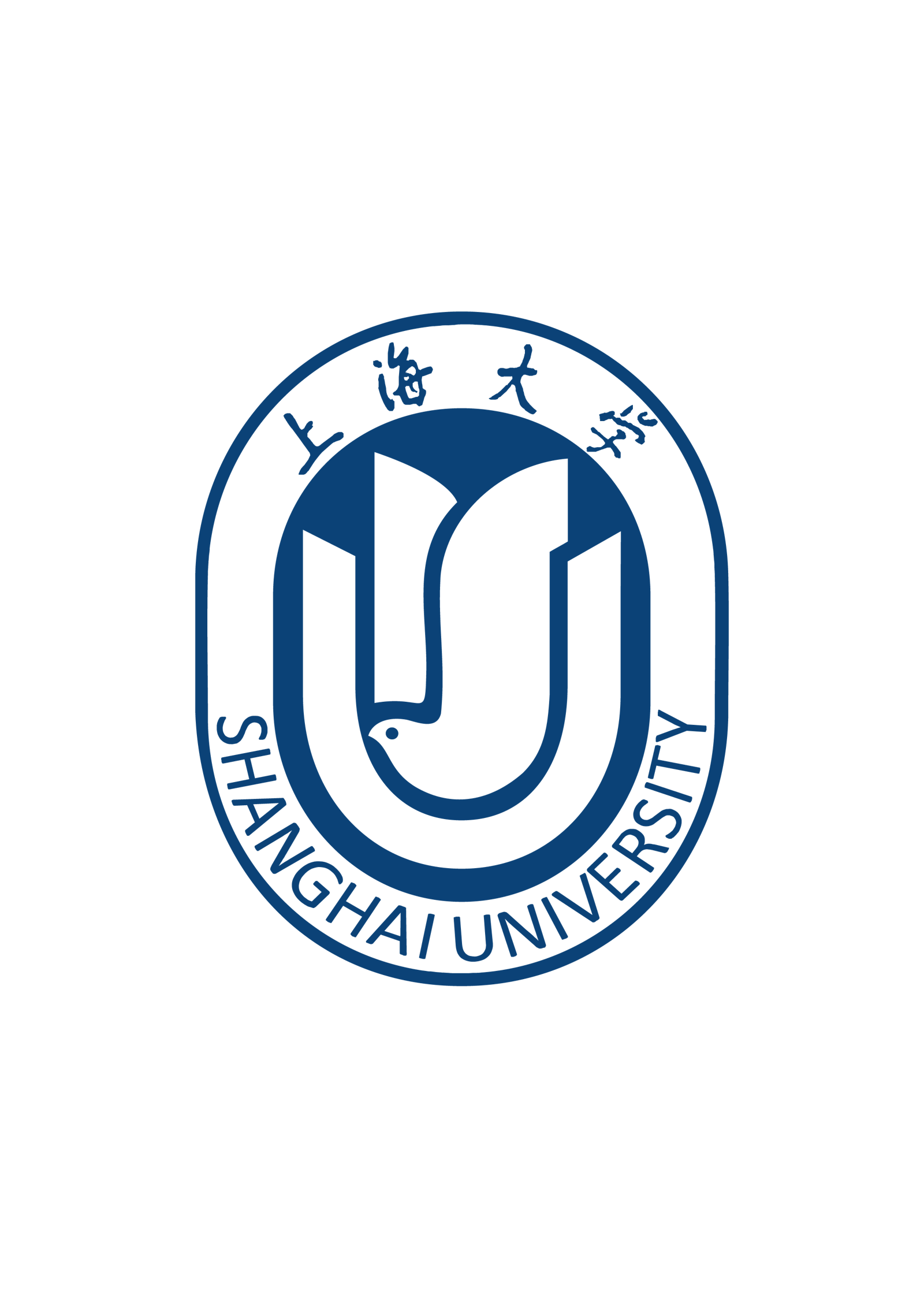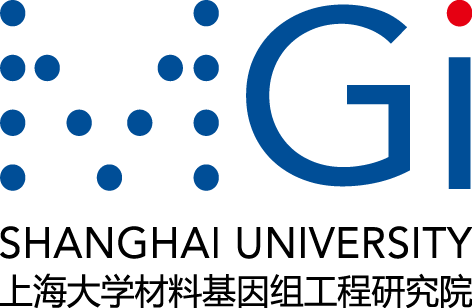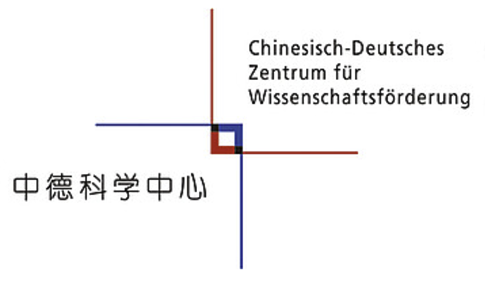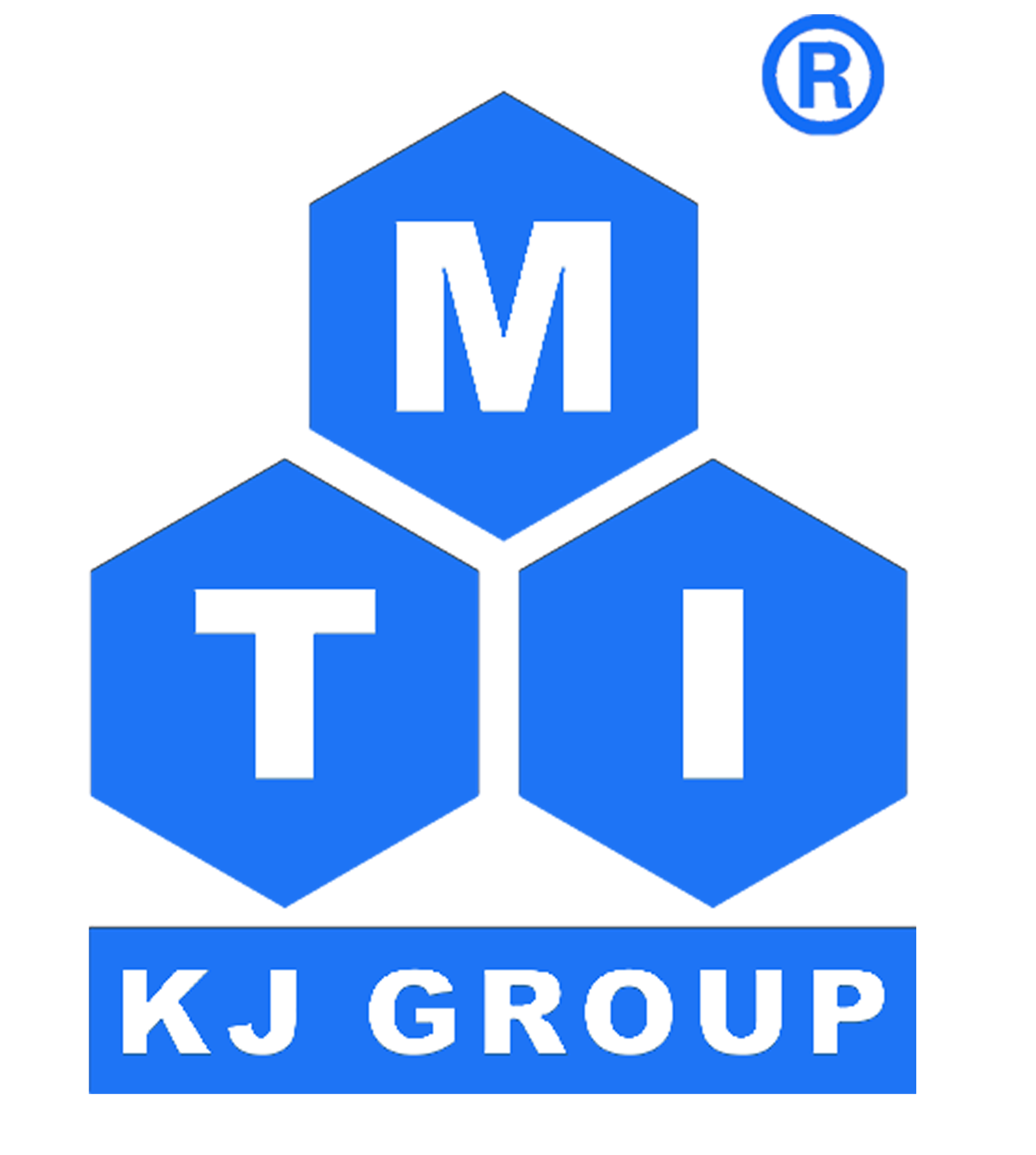HH130: A Standardized Dataset for Universal Machine Learning Force Field and the Applications in the Thermal Transport of Half-Heusler Thermoelectrics
Back
Yuyan Yang 1 , Yifei Lin 1 , Ye Sheng 2 , Wenqing Zhang 2 , and Jiong Yang 1*
1Materials Genome Institute, Shanghai University, Shanghai, 200444, China
2Department of Materials Science and Engineering, Shenzhen Institute for Quantum Science & Engineering,
Southern University of Science and Technology, Shenzhen, 518055, China
*E-mail: jiongy@t.shu.edu.cn
With the advent of new research paradigms propelled by "AI for Science", the effective integration of data-driven core principles and artificial intelligence technologies has become a crucial issue in accelerating the design of novel materials, such as thermoelectrics, as well as the exploration of their applications, such as thermal conductivity. In this work, we utilized a combination of high-throughput computation and machine-learning interatomic potentials (MLIPs) to construct HH130, a standardized database tailored for the 130 Half-Heusler (HH) compounds in MatHub-3d (http://www.mathub3d.net), which contains both MLIP models and datasets applicable to the thermal transport of HH thermoelectric materials. HH130 encompasses 31,891 structures (including 54 total elements), generated by using the dual adaptive sampling method to cover a wide range of thermodynamic conditions, and will be provided freely on MatHub-3d. Furthermore, based on the datasets in HH130, we propose the concept of a small-scale, high-precision universal force field. Employing MACE (Multi-Atomic Cluster Expansion), we obtained the pretrained universal force field MACE-HH-v1.0. MACE-HH-v1.0 exhibits mean absolute error (MAE) values as low as 1.22 meV/atom and 8.4 meV/Å for energy and atomic forces, respectively, significantly lower than the SOTA universal force fields. Combining with the phonon Boltzmann transport equation, this universal force field is then applied to the evaluations of the thermal transport for HH compounds. The calculations of lattice thermal conductivities for HHs in the dataset, as well as the isovalent solid solutions, can reach the DFT accuracy, while for aliovalent and non-stoichiometric HHs, fine-tuning by several additional dataset is necessary. This work demonstrates that a convincing prediction power can be achieved for high-order force constants and thermal transport, with the help of accurate datasets and universal force field models.
Keywords: Machine-learning Interatomic Potentials, HH130, Universal Force Field,
Thermal Transport












